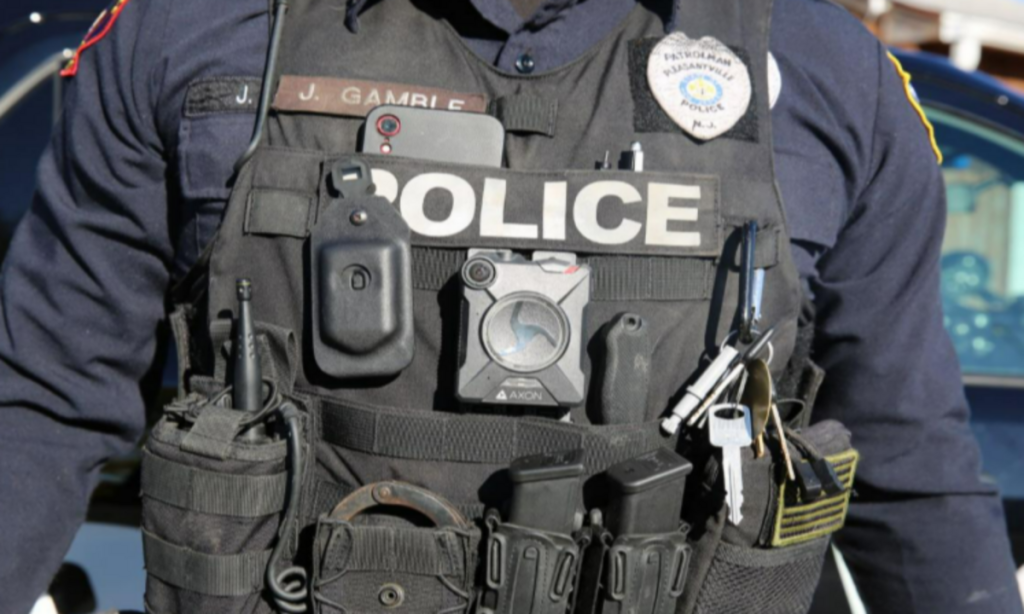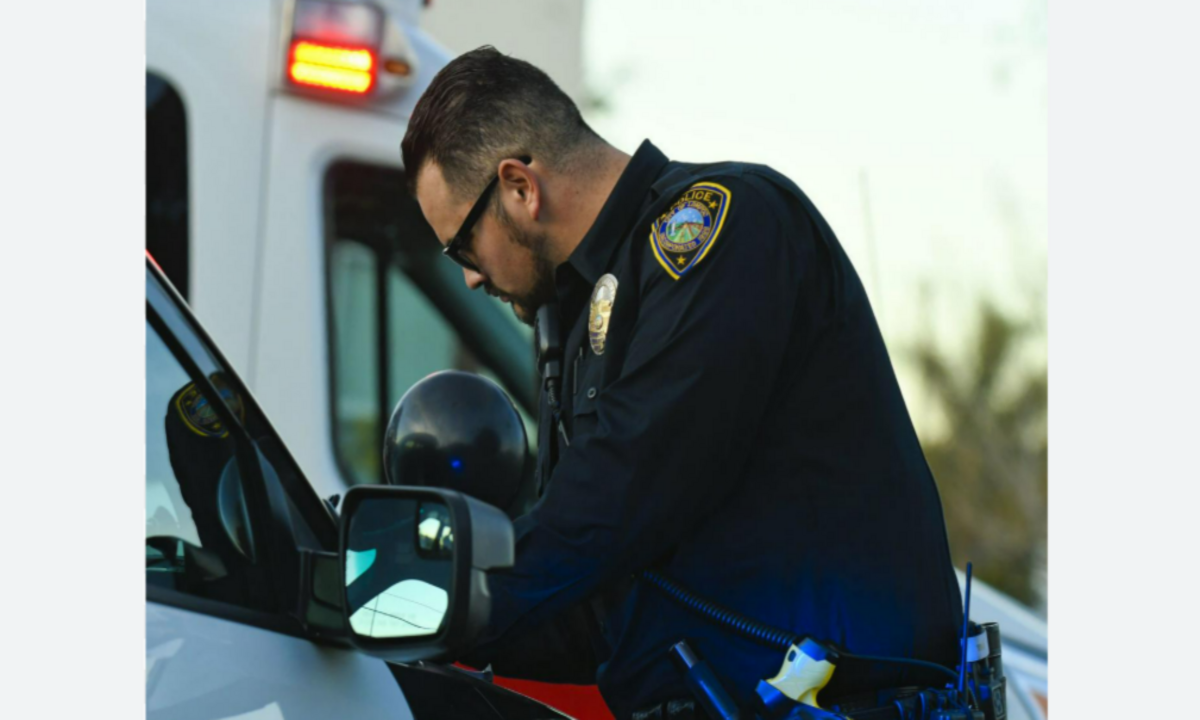The Stockton Police Department (SPD) has officially launched a body-worn camera program to improve transparency, accountability, and public trust. The program equips officers with body cameras to record interactions with the public, ensuring accurate documentation of events.
Law enforcement agencies across the country have increasingly adopted body-worn cameras (BWCs) as a tool to reduce complaints, provide clear evidence in legal cases, and enhance community relations. With this initiative, Stockton joins the list of cities using technology to improve policing.
Goals of the Body-Worn Camera Program
Stockton police officials have outlined several key goals for the new body-worn camera initiative:
Increase Transparency – By recording interactions between officers and the public, the department aims to provide clear and factual accounts of incidents, reducing misinformation.
Enhance Accountability – Body cameras can help hold both officers and citizens accountable, ensuring professional conduct during police interactions.
Improve Evidence Collection – Video footage from body-worn cameras will serve as valuable evidence in criminal investigations and court cases.
Strengthen Community Trust – Stockton police hope that increased transparency will help improve relations between law enforcement and the community.
How the Program Works
The body-worn cameras are compact, high-resolution devices that attach to an officer’s uniform or vest. They are designed to capture video and audio in real-time.
Training and Implementation
Officers have received comprehensive training on when and how to activate the cameras. The training ensures they understand department policies, privacy concerns, and the legal guidelines for using the footage.
The department has specific policies on when officers must turn on their cameras, such as during:
Traffic stops
Arrests and detentions
Searches
Public interactions involving potential use of force
Data Storage and Management
All video footage will be securely stored using cloud-based systems, following strict protocols to prevent tampering or unauthorized access.
The department has developed clear guidelines on how long footage should be kept and who can access it, balancing transparency with privacy rights.
Community and Public Reactions
The response to the body-worn camera program has been mostly positive. Many residents believe that the new initiative will promote fairness, accountability, and professionalism in law enforcement.
Local community leaders and activists have long called for Stockton police to implement body cameras as a way to ensure police accountability. They argue that video evidence can help resolve disputes over police interactions and build trust between officers and residents.
However, some community members have raised concerns about:
Potential privacy issues, especially during sensitive situations
Officers selectively turning cameras off during key moments
The cost of maintaining and storing large amounts of video data
Stockton police officials have assured the public that they are committed to transparency and will enforce strict rules on camera use.
What’s Next for the Program?
The Stockton Police Department will closely monitor the effectiveness of the body-worn camera program.
Regular evaluations will be conducted to ensure that officers are using the cameras properly.
The department will seek community feedback to address concerns and make improvements.
Data will be analyzed to determine if complaints against officers decrease and if public trust improves.
Police Chief Stan McFadden stated that the department is committed to using technology responsibly to create a safer, more transparent environment for both officers and residents.
“This program is an important step toward ensuring fairness and accountability. We want the community to know that we are here to serve and protect, and body-worn cameras will help us do that more effectively.”
Final Thoughts
The introduction of body-worn cameras in Stockton is a major development in modern policing. As more law enforcement agencies turn to technology to enhance transparency, Stockton’s new program will be closely watched to see how it impacts police interactions, community relations, and public safety.
For now, both officers and residents hope that body-worn cameras will lead to positive changes, increased trust, and improved policing standards in Stockton.
Disclaimer—Our team has checked this article to ensure its accuracy and eliminate any misinformation. We are committed to providing clear and reliable information for our readers.


